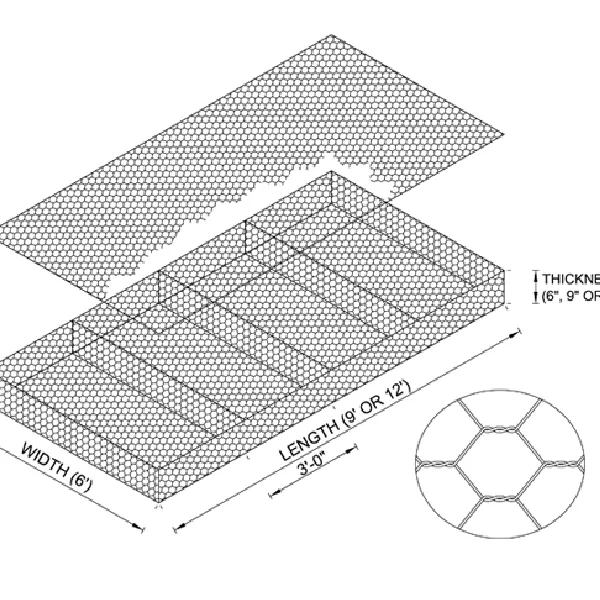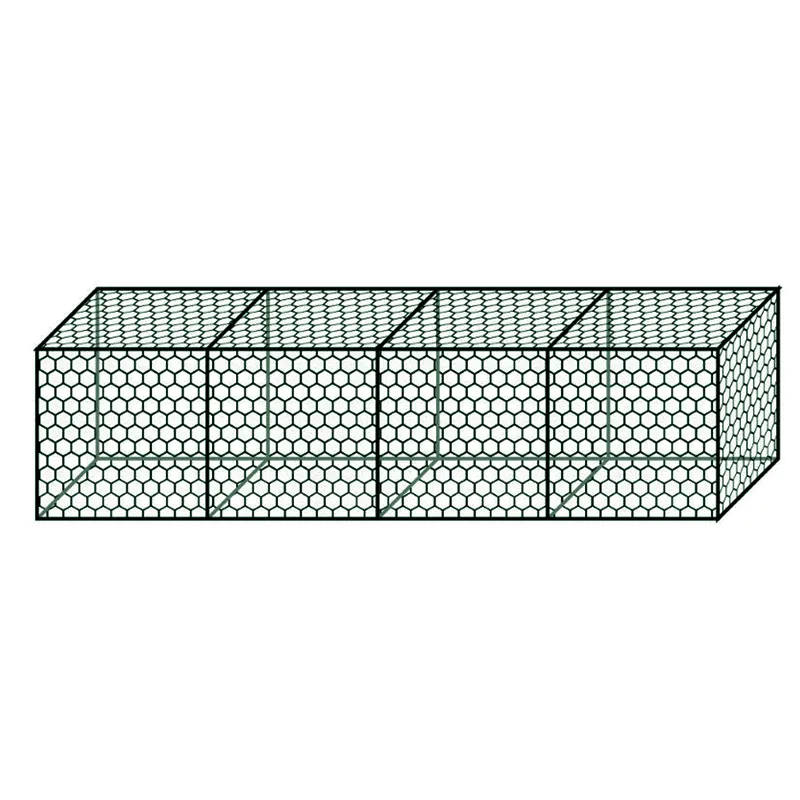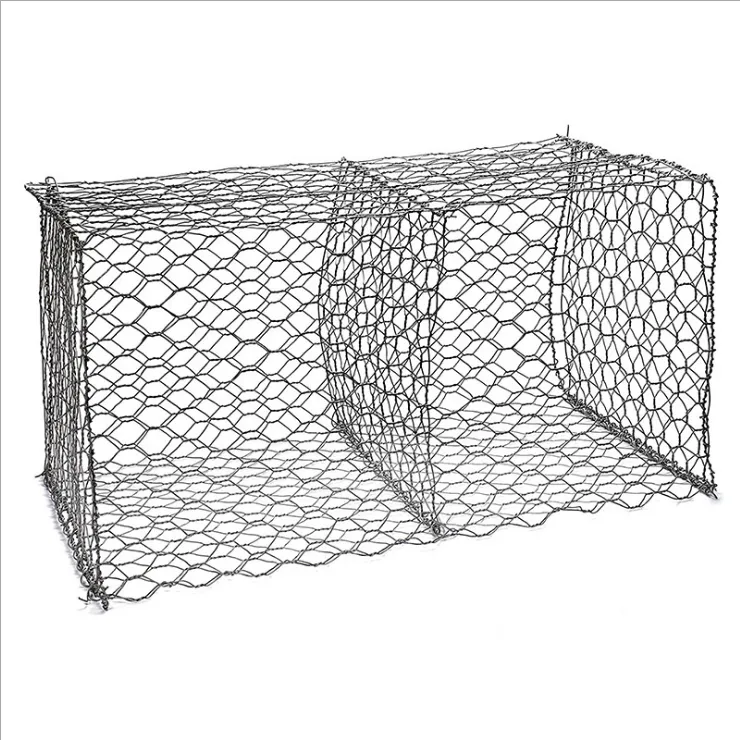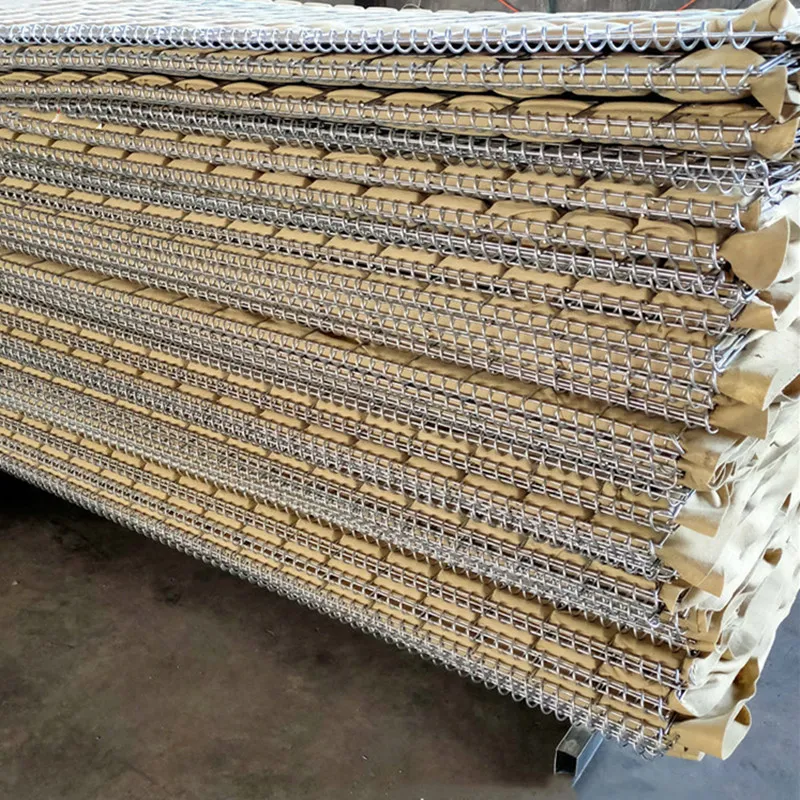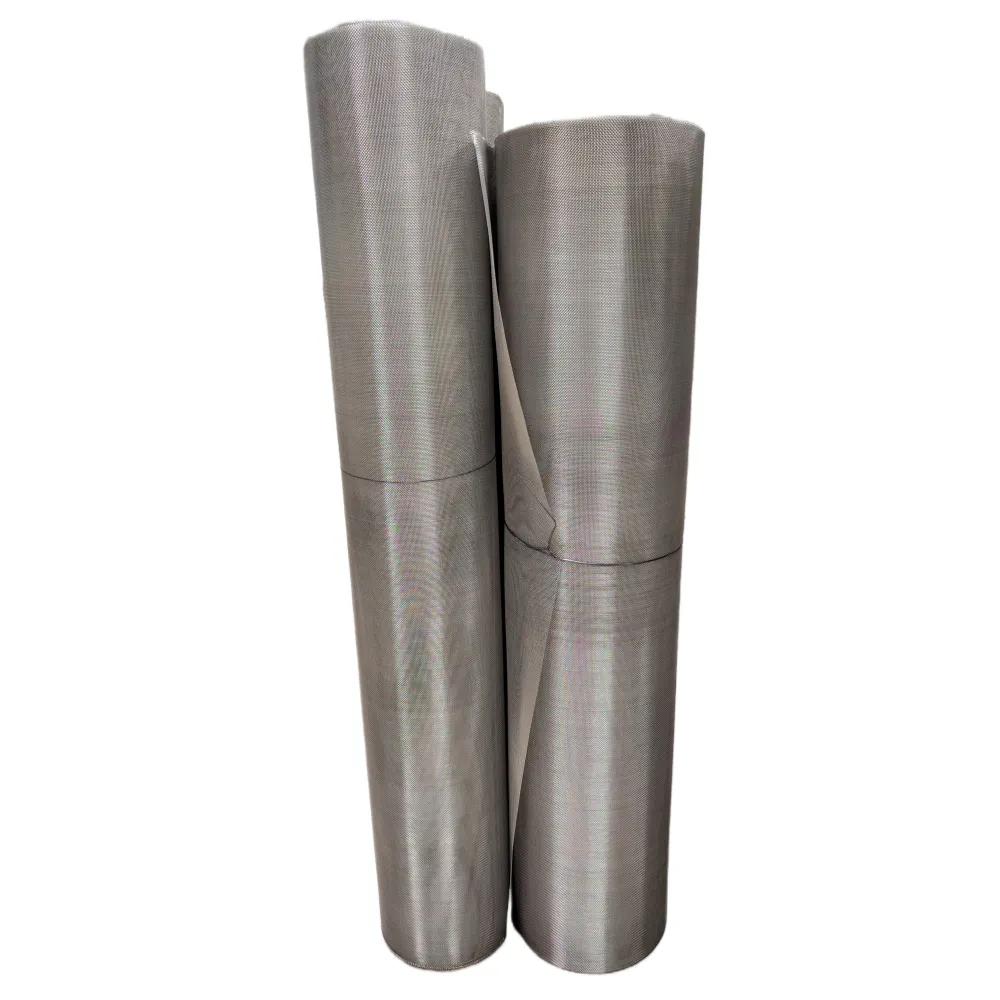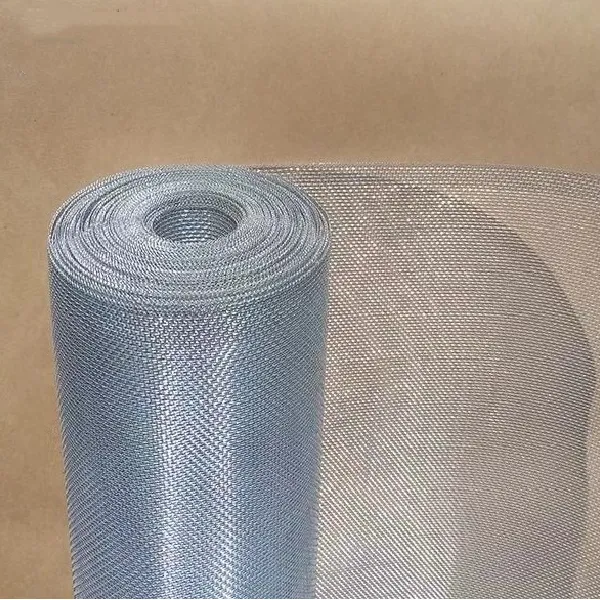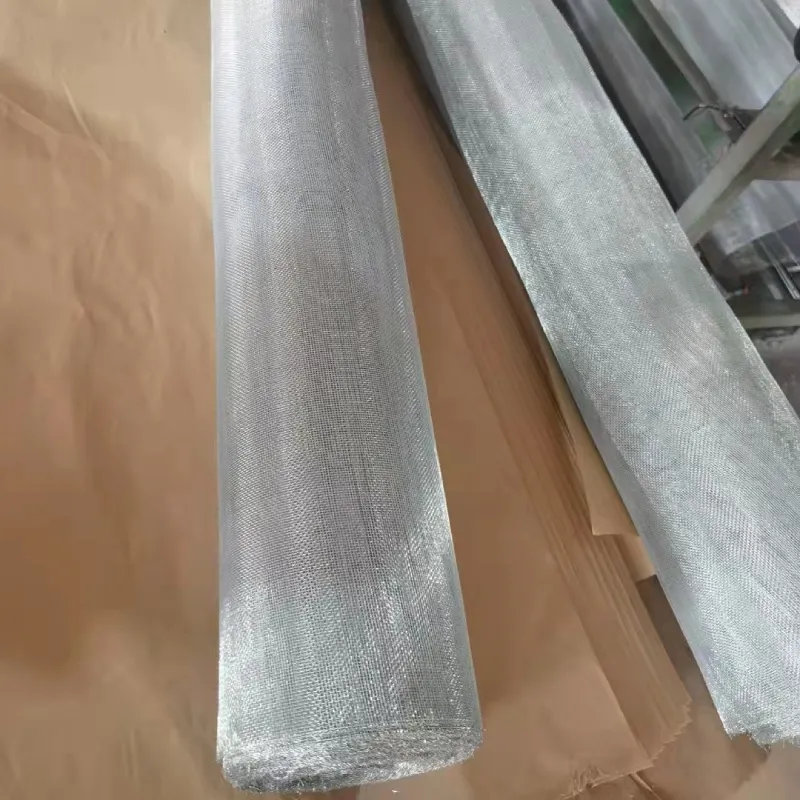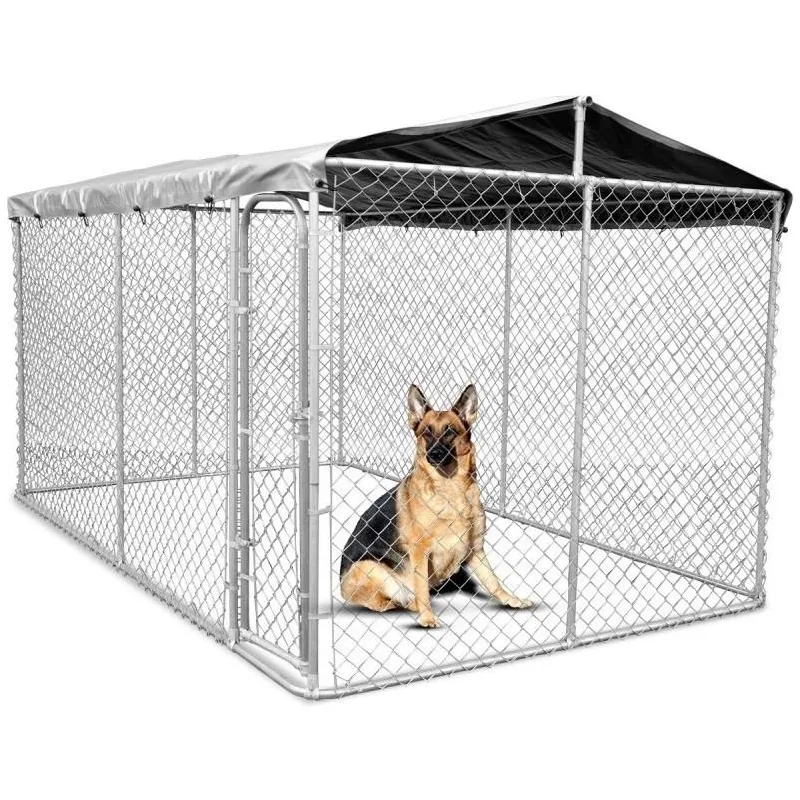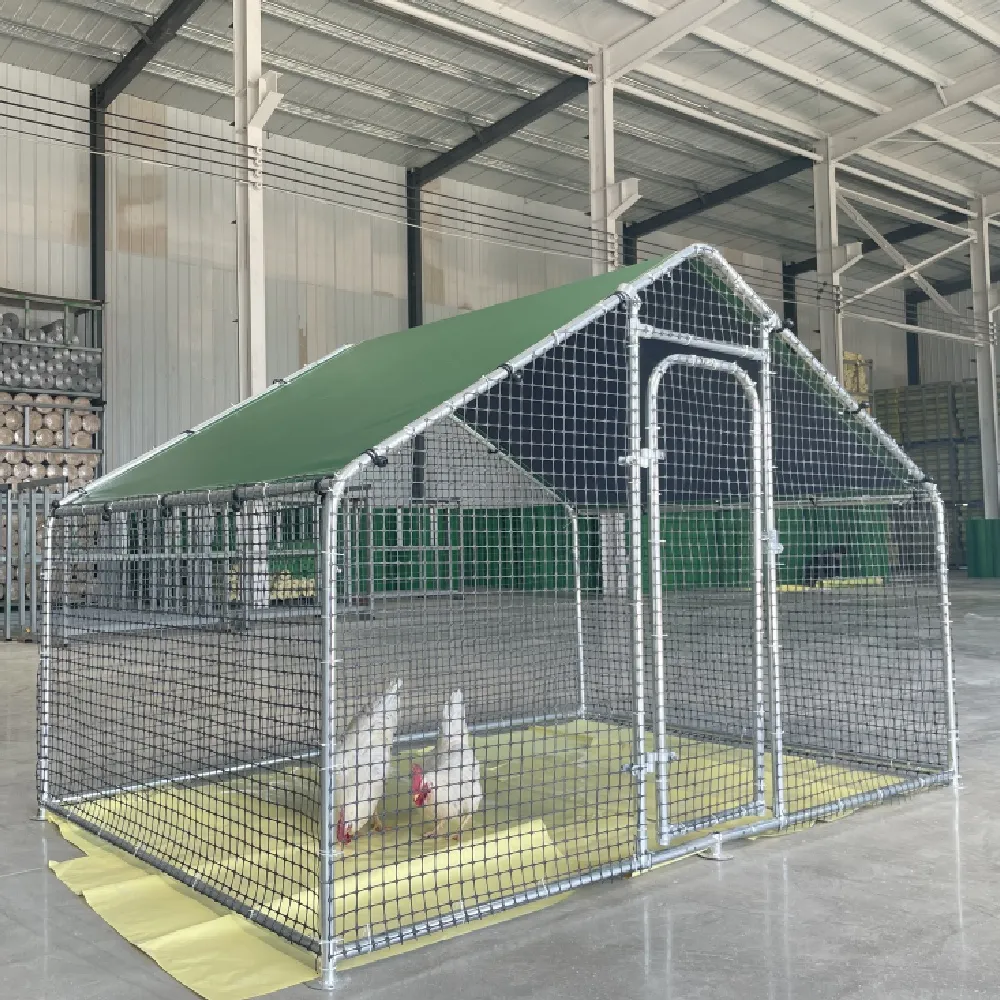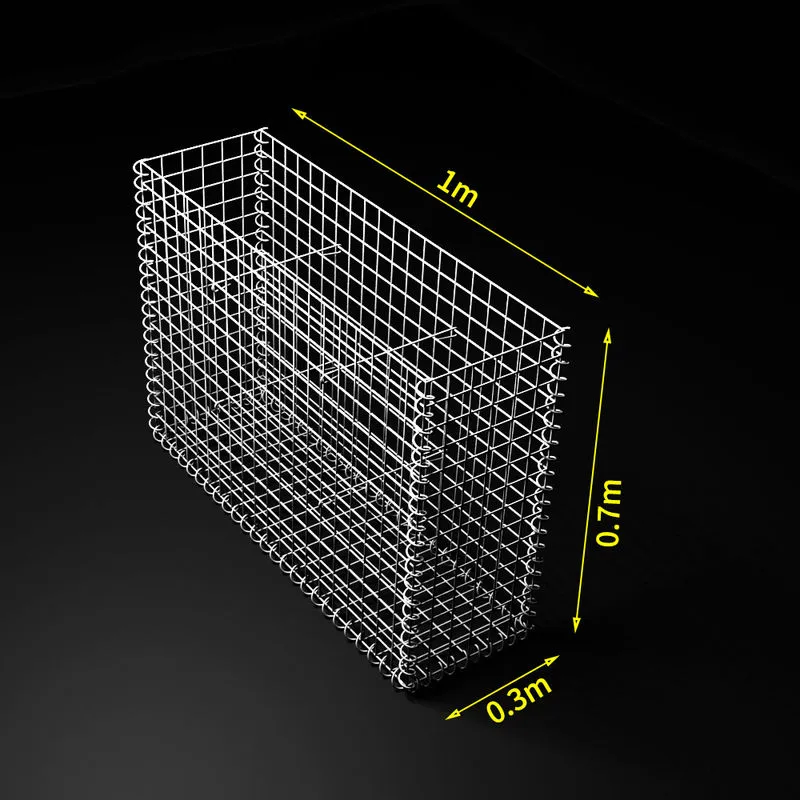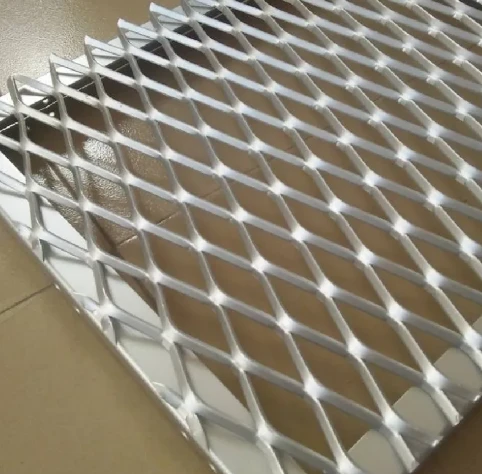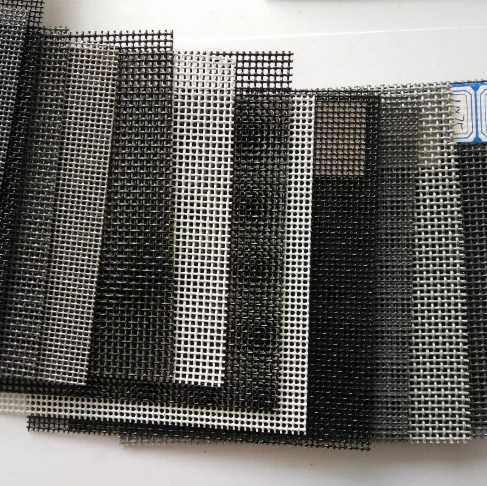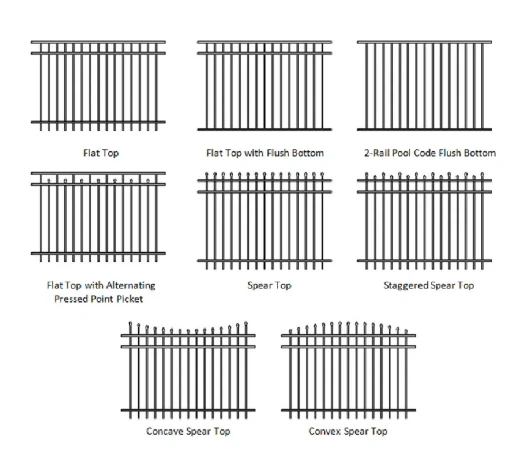Understanding the cost of wire mesh fencing is crucial for homeowners, businesses, and institutions contemplating this versatile option for security and demarcation. This type of fencing is renowned for its durability, low maintenance, and aesthetically pleasing appearance. Yet, its cost can vary considerably based on multiple factors that we will explore here, drawing from real experiences and expert insights to furnish you with a comprehensive understanding.
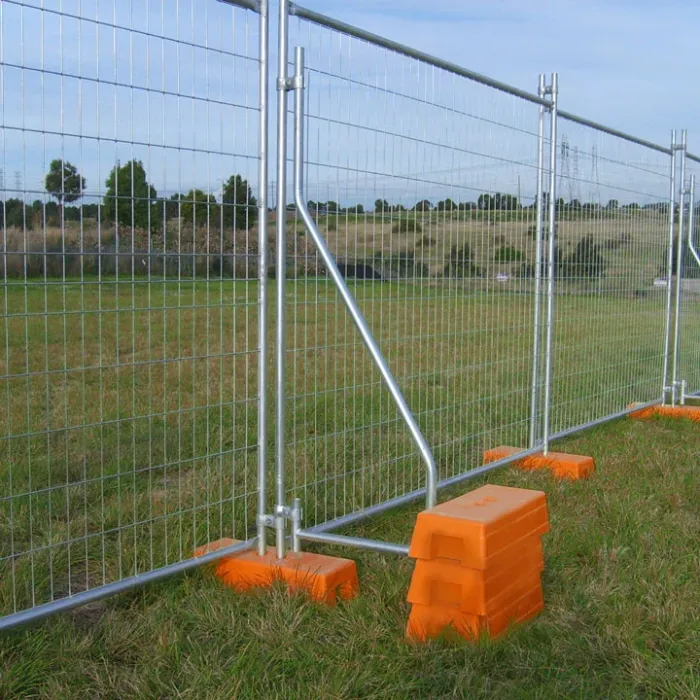
Wire mesh fencing primarily involves two costs materials and installation. Material choices profoundly impact the overall expenditure. Wire mesh fences typically come in galvanized steel, vinyl-coated, stainless steel, or polyethylene-coated options. Galvanized steel, being robust and rust-resistant, is the most economical choice, typically costing between $1.50 to $3 per square foot. Vinyl-coated meshes offer enhanced rust resistance and aesthetic appeal, ranging from $2.50 to $4 per square foot. Stainless steel options, known for their superior strength and longevity, cost about $5 to $15 per square foot. Finally, polyethylene-coated fences, offering a combination of strength, flexibility, and weather resistance, tend to fall within the $3 to $8 per square foot range.
Installation costs are another significant consideration. While DIY installations might save on costs upfront, professional installation ensures long-term stability and durability. The labor cost can range from $30 to $70 per hour, depending on the project’s complexity and location. Factors such as fence height, terrain, and post types can influence these rates. It’s vital to acquire quotes from multiple contractors, as regional price disparities could significantly affect your budget.
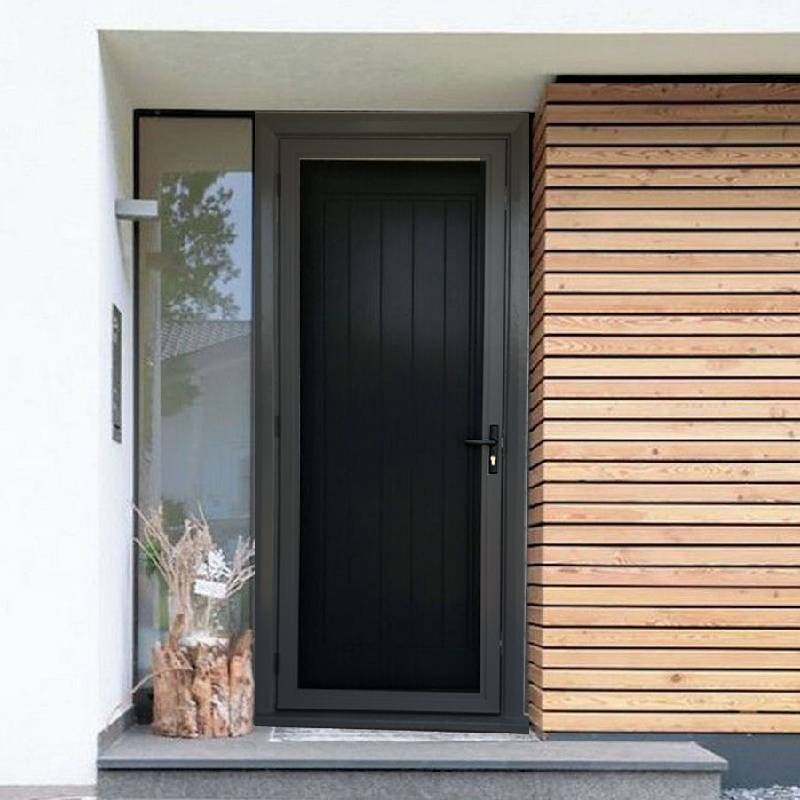
Beyond these basics, the purpose of the fence can alter the cost dynamics. For industrial applications requiring higher security, heavier gauge wire and additional features like barbed wire could be needed, escalating costs. Zoos or wildlife reserves opting for specialized mesh designs to contain or protect against animals may face higher expenses. In contrast, gardens or residential backyards might necessitate less robust and less costly configurations.
wire mesh fencing cost
Maintenance, although generally minimal, should not be overlooked in cost considerations. An occasional cleaning to remove debris and prevent rust and annual inspections to check for damages or looseness are advised practices. High-quality installations might include protective coatings to delay rust, diminishing maintenance costs but potentially increasing initial expenditures.
Real-world experiences highlight that investing in quality materials and professional installation often results in lower long-term costs. Property owners, for instance, report reduced maintenance and repair requirements when opting for higher-grade meshes and expert installers. The upfront expense is often offset by years of reliable service without the need for replacements or extensive repairs.
Expert installers suggest considering future needs during the initial purchase. Whether anticipating environmental changes or potential expansions, choosing flexible and adjustable fencing systems can mitigate future costs. Additionally, ensuring that the fence complies with local zoning laws and homeowner association regulations can prevent legal fees and modification costs.
Wire mesh fencing represents a smart investment for many due to its balance of affordability, utility, and longevity. By understanding the detailed cost breakdown and considering both immediate and long-term needs, buyers can make informed decisions. Discussions with experts and thorough preparation amplify the reliability and safety of the fencing solution chosen, securing peace of mind along with your property.




